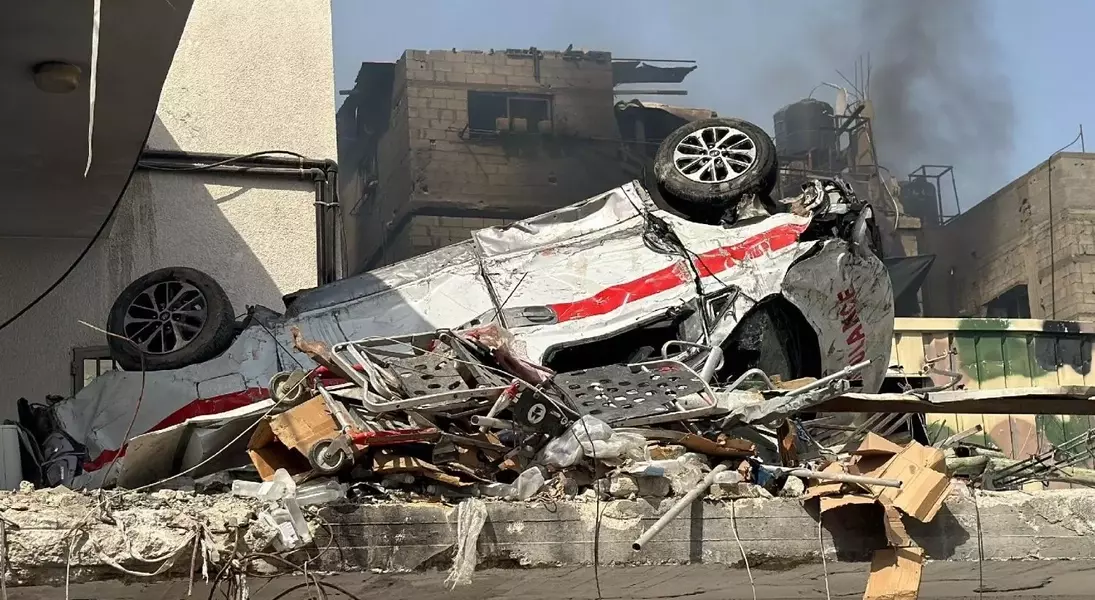
The International Committee of the Red Cross (ICRC) has issued a stark warning regarding the dire situation in northern Gaza. The healthcare infrastructure there has been devastated by ongoing conflicts, leaving civilians without access to essential medical services. The ICRC emphasized that repeated attacks on hospitals have severely compromised the ability to provide life-saving care. Additionally, the evacuation of patients from the European Hospital in Khan Younis highlights the urgency of the crisis, with many seeking treatment abroad due to the deteriorating conditions within Gaza. Meanwhile, Israel continues its military operations in the region, further exacerbating the humanitarian challenges faced by the local population.
Details of the Humanitarian Emergency in Gaza
In the midst of a tumultuous autumn, the people of northern Gaza find themselves grappling with an unprecedented collapse of their healthcare system. The relentless series of confrontations around medical facilities has left the region's hospitals in ruins. According to the ICRC, this destruction has placed civilians at an unacceptable risk of losing access to critical medical care. Under international humanitarian law, medical institutions should be respected and protected, yet the reality on the ground paints a grim picture.
On a recent Tuesday, a group of 45 individuals departed from the European Hospital in Khan Younis, located in the southern part of Gaza. Accompanied by over 100 relatives, they crossed into Israel through the Kerem Shalom border crossing. These patients are expected to receive treatment in the United Arab Emirates. This exodus underscores the severity of the healthcare crisis, as thousands of Palestinians in Gaza now require medical attention beyond their borders. Since May, when Israel regained control of Rafah, it has tightly regulated all entry and exit points into Gaza, further complicating the situation.
Amidst these challenges, the Israeli military has continued its operations in Gaza. Last week, a targeted strike was carried out against Kamal Adwan Hospital, which the Israeli forces alleged was being used by Hamas for command activities. This action has only intensified concerns about the safety and functionality of remaining medical facilities.
Elsewhere in the region, tensions remain high. The Israeli air force intercepted a missile launched by Houthi rebels from Yemen, preventing it from reaching Israeli territory. Fortunately, no casualties were reported. In Syria, the ceasefire brokered by the United States between Turkey and the Kurdish-led SDF in Manbij appears to be holding, bringing a semblance of stability to an otherwise volatile area.
From a journalist's perspective, this unfolding crisis in Gaza serves as a sobering reminder of the far-reaching consequences of conflict on civilian populations. The collapse of the healthcare system not only jeopardizes immediate health outcomes but also erodes the long-term resilience of communities. It is imperative that all parties involved prioritize the protection of medical facilities and ensure unimpeded access to care for those in need. The world must not turn a blind eye to this humanitarian emergency.
